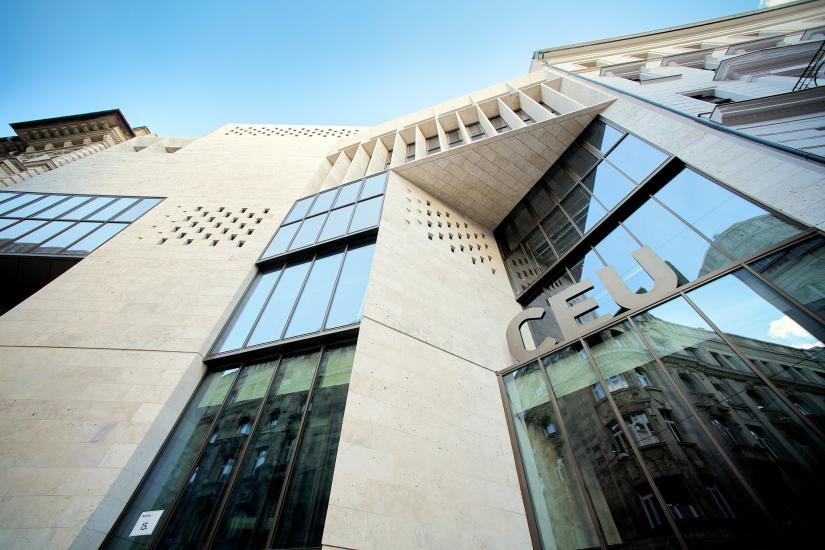
The legal regime constructed by the Russian Empire on the Black Sea in the first half of the nineteenth century had its origins in the Eastern Mediterranean, in what I call the Russian Empire’s “Mediterranean Moment.” The Russian Empire’s Mediterranean moment lasted for about twenty-five years from the end of the eighteenth to the early nineteenth century. During this momentous quarter-century spanning the Revolutionary and Napoleonic Wars the Russian Empire established an assertive and confident maritime posture, which carried over to the Black Sea’s own network of legal institutions. In this talk, I will discuss how Russian and foreign merchants – often caught in the snares of Russian policing on the Black Sea – navigated and exploited this legal system. Based on an analysis of court records, I map the interactions between merchants and local officials that took place in admiralty courts, customhouses, and public auctions. Through legal arguments and petitions to the Russian bureaucracy, merchants challenged the Russian Empire to clarify and define its maritime laws, thereby shaping the trade networks that connected the Black Sea to the Mediterranean.
Dr Julia Leikin is a historian of Russia and modern Europe. Her current project explores Russia’s understanding and practice of international law, especially on the Russian-Ottoman maritime frontier in the Mediterranean and Black Seas. Her most recent publication on this topic is “‘The Prostitution of the Russian Flag’: Privateers in Russian Admiralty Courts, 1787-1798,” in the November 2017 issue of Law and History Review. She is finishing a critical edition and Russian translation of John Elphinstone’s narrative of the First Russian Archipelago Expedition and Russian-Ottoman War of 1768-1774 (a collaboration with Professor E. B. Smilianskaia). At present, she is a British Academy Postdoctoral Fellow at the University of Exeter in the UK. Before joining Exeter, she was a Visiting Scholar at the German Historical Institute in Moscow and a Hakluyt Society Postdoctoral Fellow. Her research on the Black Sea has been supported by the British Institute at Ankara, the IREX Individual Advanced Research Opportunities Fellowship, and the Centre for East European Language Based Area Studies.